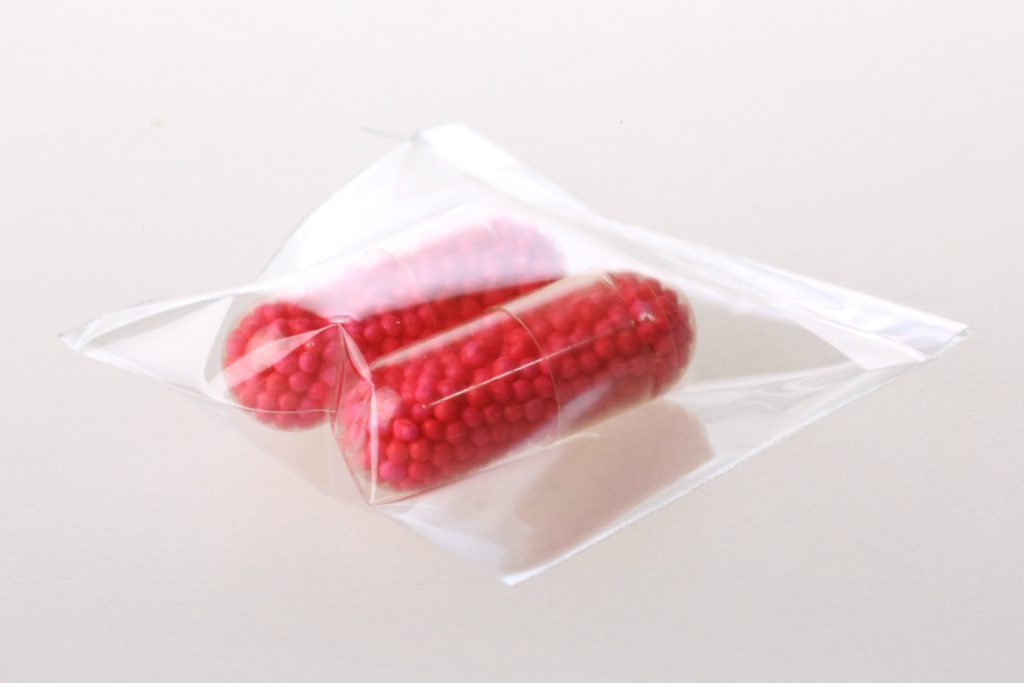Merck & Co., Inc – Partnering with Local Hospitals Worldwide to Implement Antimicrobial Stewardship (AMS) Programs


Health needs
Any use of antimicrobials contributes to the development of resistance, but widespread unnecessary and excessive use makes it worse. AMS refers to a collection of interventions geared toward optimizing the prescribing and use of antimicrobials, including the appropriate selection, dosing, route and duration of antimicrobial therapy. It has the potential to limit the emergence of antibiotic resistance, prolong the effectiveness of currently available agents, improve patient outcomes and reduce healthcare and societal costs.
Initiative’s objective
MSD supports a wide variety of AMS initiatives, including significant grant funding, surveillance efforts, and collaborations with research institutions and other organizations. Of note, its hospital-based AMS programs in low- and middle-income countries educate and promote evidence-based usage of antibiotics by helping hospitals develop customized treatment protocols based on the hospital’s own microbiology data, which can be audited and reviewed. The shared goal is to improve patient outcomes and quality metrics.
Initiative’s description
Since 2008, MSD has worked with more than 900 hospitals in 27 countries to develop and implement AMS programs. Upwards of 10,000 health care providers have been trained and over 500 locally tailored treatment pathways have been implemented. Each AMS program differs, depending on local antimicrobial (antibiotic and antifungal) use and resistance problems, availability of resources, size of the institution and clinical setting. MSD partners with scientific leaders and hospitals to develop local protocols that support these efforts. For example, in Latin America, MSD has partnered with CIDEIM, an independent, non-profit microbiology/infectious disease research institute to serve as an AMS Center of Excellence, providing training, guidance and support to hospitals across the region. Additionally, in India, MSD has worked with hospitals to customize globally accepted AMS strategies to meet their individual needs.
Impact
- Since 2008, MSD has worked with more than 900 hospitals in 27 countries to develop and implement AMS programs.
- More than 10,000 health care providers have been trained and more than 500 locally tailored treatment pathways have been implemented.
- In 2009, MSD launched its first AMS program in India. MSD India’s AMS program allows for local customization of globally accepted AMS strategies. Currently, MSD India is also expanding its user-friendly eAMS mobile platform, which assists physicians in making empirical antimicrobial therapy decisions.
- In Latin America, MSD has partnered with CIDEIM, an independent, non-profit microbiology/infectious disease research institute to serve as an AMS Center of Excellence, providing training, guidance and support to hospitals across the region.
